Water Systems
It is essential for the work of laboratories the use of purified water, not only to wash the instruments used in the laboratory, but for the preparation of solutions for non-crucial testing; in addition to producing ultra-pure water needed for crucial experiments and chemical and biological applications.
Water purification systems have their optimal applications and advantages for water treatment; the process of water purification is mainly to remove contaminants and other unwanted organic particles in order to meet the needs of laboratories; water purification is to produce drinking water.

Types of Water Purification Systems a Laboratory may need
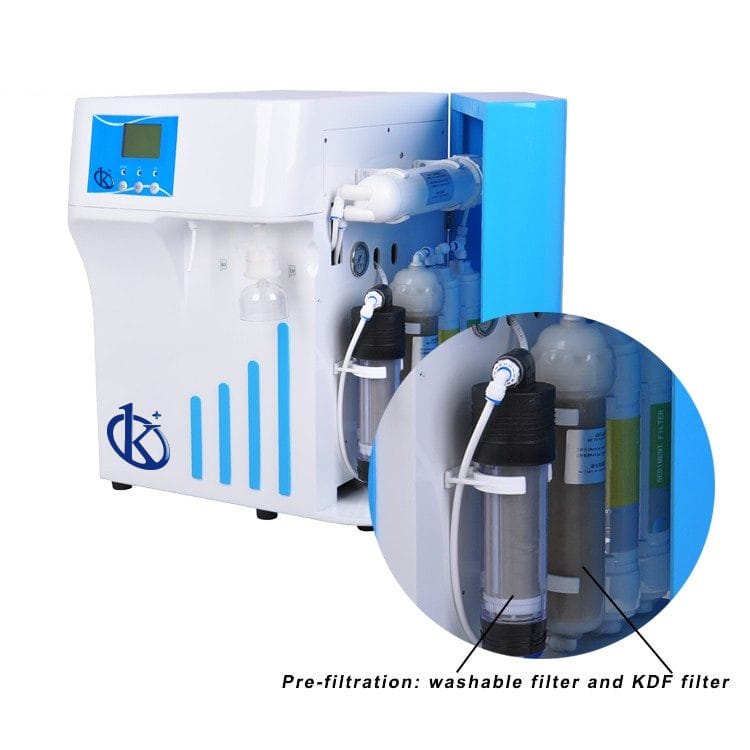
Water Purification System YR60 / YR60-1
YR Water Purification system can produce CAP/CLSI Type I reagent water for clinical analyzer.It...
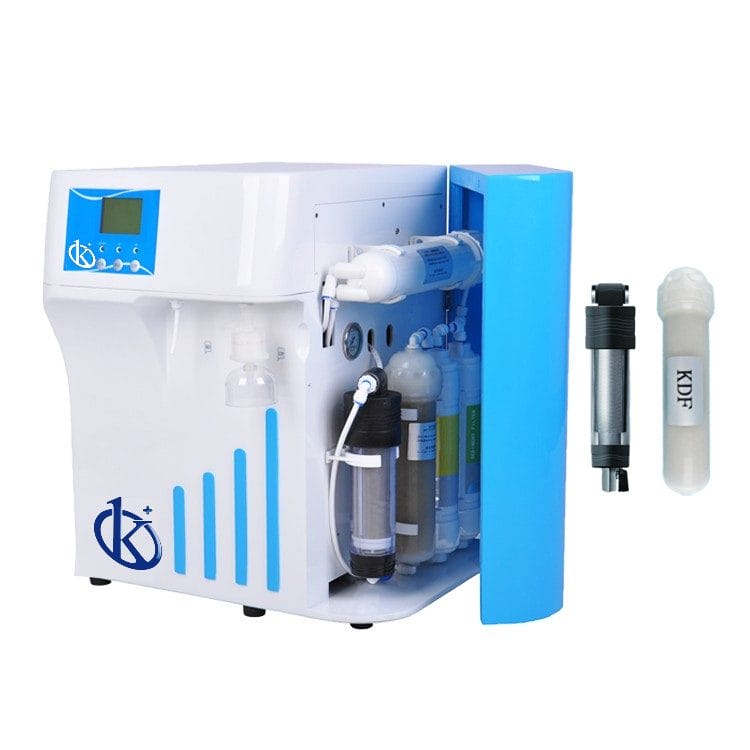
Water Purification System YR54 / YR54-3
YR Water Purification System is a compact solution that combines the production of pure water and ultra-pure water in...

Water Purification System YR55 / YR55-3
A comprehensive sequence of water purification process,A range of cartridges exists to remove specific types ...
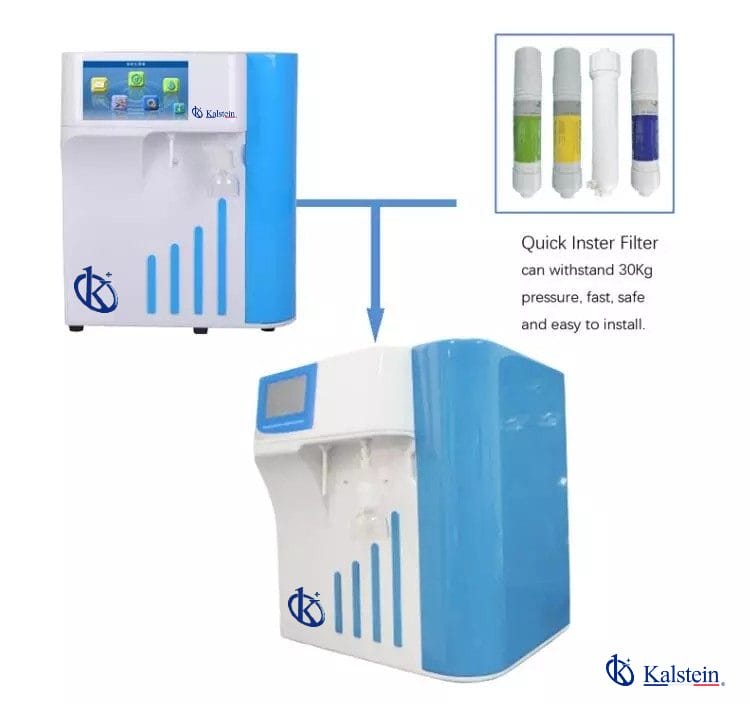
Water Purification System YR56 / YR56-1
The content of organic and inorganic substances in the feedwater are reduced to values approaching their ...
Our Best Selling Water Purification Systems
YR Water Purification system can produce CAP/CLSI Type I reagent water for clinical analyzer.It enables direct connection and operation online. Independent manual control water outlet can be used for additional applications.
Maximum compability
- Smart ROB water purification systems can be applied to prepare pure water solution for a series of biochemical analyzers, including TOSHIBA, OLYMPUS, HITACHI, ROCHE, MINDRAY and so on. Furthermore, our technical and application specialists are always available to answer any questions, as well as providing friendly, expert advices on choosing the most suitable water purification systems
| Model | YR60 | YR60-1 |
| Particles | (≤0.22μm): ≤1/ml | |
| Output (pure water) | 15L/hr output (pure water) | 30L/hr output (pure water) |
| TOC | ≤30ppb | |
| Bacteria rejection rate | >99% | |
| Packing information
(main unit) / mm |
525×610×770mm
(main unit) 520×440×615mm (water tank) |
|
| Weight | 37KG (main unit)
13KG (water tank) |
|

Analysis of the best Water Purification Systems for your Laboratory
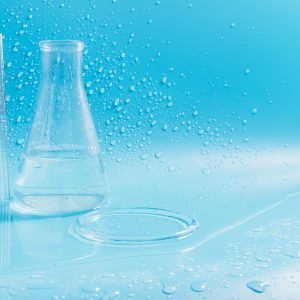
What is a Water Purification System?
Water is one of the most precious and vital riches for humanity, to the point that it is primary for life. But, despite this...
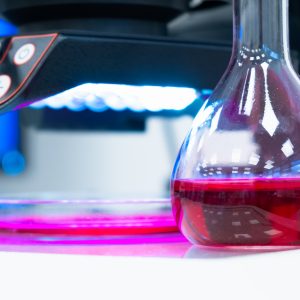
Reverse osmosis and water purification
The purification of drinking water consists of a series of steps to which the water is subjected to eliminate...
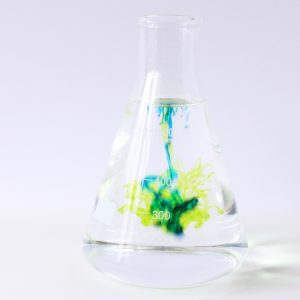
Reverse osmosis: Recommendations and care
Reverse osmosis is a technology for water purification, where a semi-permeable membrane is used to...
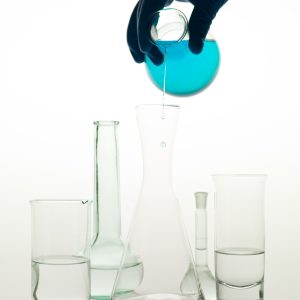
What do we use water purifiers for in a laboratory?
Pure water in laboratories is more than a necessity, it is considered an essential element, which is why the ...
Water Purification Systems Model Catalog on Sale
-
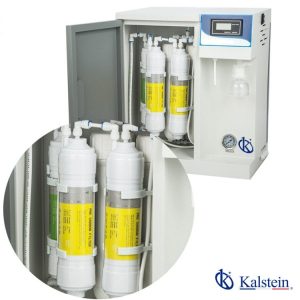
Deionized water System YR57//YR57-2
Select options This product has multiple variants. The options may be chosen on the product page -

Deionized water System YR58-1
-
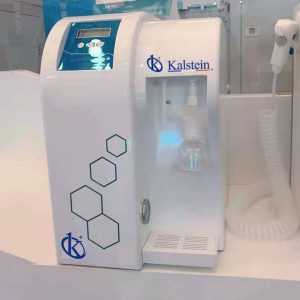
Ultrapure water System YR53/YR53-1
Select options This product has multiple variants. The options may be chosen on the product page -
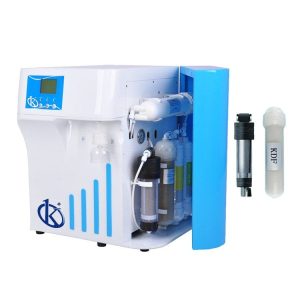
Water Purification System YR54 / YR54-3
Select options This product has multiple variants. The options may be chosen on the product page -
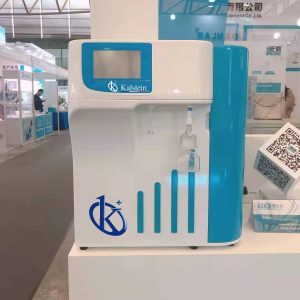
Water Purification System YR55 / YR55-3
Select options This product has multiple variants. The options may be chosen on the product page -
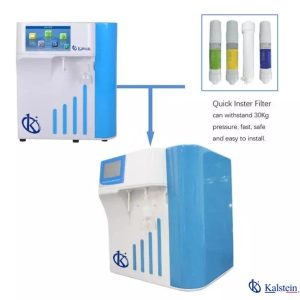
Water Purification System YR56 / YR56-1
Select options This product has multiple variants. The options may be chosen on the product page -
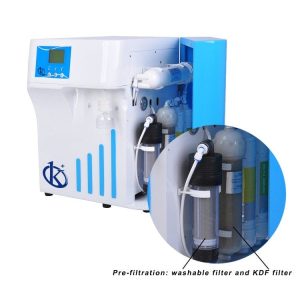
Water Purification System YR60-1
-
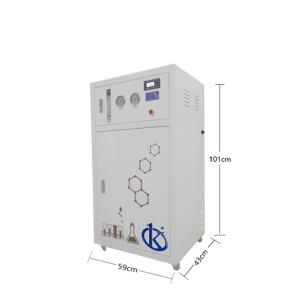
Water Purification Systems YR59 – YR59-1
Select options This product has multiple variants. The options may be chosen on the product page
Guides to becoming an expert in Water Purification Systems
Replacement of filters in the laboratory water purification system
Water production and maintenance of a water purification system should be simple processes. However, if...
Deionization and Reverse Osmosis. Differences?
The processes for water purification are varied, and the choice of one will depend on the needs of the user...
What are the different water purification systems?
It is essential for the work of laboratories the use of purified water, not only to wash the instruments...
How to select your ideal water purification system
Water purification systems are essential equipment in any home or work space, if it is believed that the water being used has come into contact with pollutants. These systems allow, as their name says, to purify this vital liquid, by eliminating pathogens...
Videos of Water Purification Systems in operation
In this section you can find, our Water Purification Systems in operation, packaged, receiving service, etc.
Water Purification Systems in operation
The treatments to achieve the purity of the water in the laboratory, depends on the degree and the technical possibilities available, so it is important to take into account, that the differences in the quality of the water obtained, are due to the capacity of each of the processes to separate the dissolved substances or suspended elements present in the water to be purified.
According to this, the methods for each type of water are:
- Filtered water: the basis of filtration, is to pass a liquid through a filter medium to retain particles and suspended elements, and even retain bacteria and/or absorb certain dissolved gases or molecules, such as microfiltration or ultrafiltration, but normally pass gases, salts and dissolved substances, viruses and pyrogens.

Frequently Asked Questions about Water Purification Systems
How to know the prices of Water Purification Systems?
To know the price of Water Purification Systems we invite you to send us an email with your request through the contact form.
What are the delivery times of Water Purification Systems?
- If the equipment of your interest is in stock or if it must be manufactured.
- The type of freight you have chosen, this may be; air or sea.
How to purchase Water Purification Systems?
- By email: [email protected]
- By telephone: +33 (0) 1 78 95 87 02
- E-commerce: Via Kalstein's official website in your country.
How does the warranty work?
Can I request a quote online?
Of course, you can request a quote for the Kalstein team of your interest, directly from our official website. Once you have identified your preferred model, click HERE
